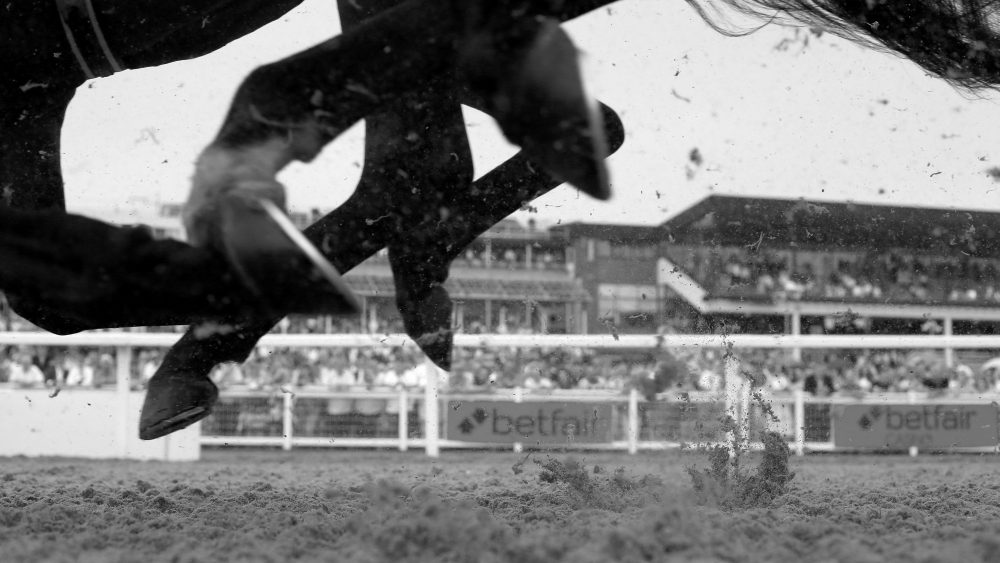Update: Equine influenza vaccine supply issues

This guidance covers:
1. Horses administered a V3 or booster in the first six months of 2022
2. Horses due an annual booster
3. Horses that commenced a primary course on or after 1 January 2022
4. Horses due to race internationally before the end of 2022
Background
At the beginning of this year, the BHA introduced new equine influenza vaccination interval schedules, with a transition period up to and including 31 December 2022 to help trainers implement the changes with minimal disruption.
To ensure compliance with the new interval schedule, all horses are to be administered a booster vaccination within the six months prior to 1 January 2023, with subsequent boosters given no more than six months apart.
During the transition period, race entry will not be refused to any horse on the grounds of not having commenced six-monthly boosters.
However, we recognise that many trainers and veterinary surgeons may be facing immediate challenges with access to vaccines for horses that require a booster between now and 31 December 2022.
Guidance for trainers and vets experiencing supply issues
Proteq’s manufacturer, Boehringer Ingelheim, anticipates that the supply issues are likely to be resolved by the end of October 2022.
The British Equine Veterinary Association (BEVA) is working with veterinary practices to try and expedite sharing of stocks of equine flu vaccine between veterinary surgeons.
We recommend that trainers and veterinary surgeons prioritise vaccinations to ensure that as many horses remain eligible to race as possible, and have provided the following guidance to support decision-making.
1. Horses administered a V3 or booster in the first six months of 2022
All horses vaccinated between 1 January 2022 and 30 June 2022 will have been due a booster vaccination between 1 July 2022 and 31 December 2022 to ensure compliance with the new requirements by 1 January 2023.
This means that for horses given a V3 or booster vaccination during the first half of 2022, the booster will need to be administered on or before 31 December 2022 – not within six months of the previous vaccine, while this problem persists.
Hopefully this provides reassurance for trainers and veterinary surgeons who vaccinated horses in the first six months of the year and may now be experiencing supply issues.
As noted above, race entry will not be refused to any horse before 1 January 2023 on the grounds of not having moved to six-monthly boosters.
We would of course still urge trainers and veterinary surgeons to continue, where they experience no interruption to supply, to administer boosters no more than six months apart, as this provides the best protection for the thoroughbred population.
2. Horses due an annual booster
Some horses may soon be due an annual booster. For example, a horse that received its last booster on 1 October 2021 will need a booster on or before 1 October 2022 to remain eligible to race.
These horses should be prioritised, as the BHA’s position remains that any horse with an interval of more than 12 months between boosters will be ineligible to race and required to start a new primary course.
3. Horses that commenced a primary course on or after 1 January 2022
These horses may now be approaching their first booster, which, under the new intervals, must be given within six months of V3. Where supplies allow, we recommend that this booster is administered.
However, following consultation with the BHA Veterinary Committee and other experts in equine infectious disease, the BHA will temporarily relax the six-month interval required between booster vaccinations.
This extension will remain in place until the Proteq supply issues are resolved, which, as noted above, is currently anticipated to be towards the end of October 2022. At this point, the relaxation will be reviewed, and trainers updated accordingly.
Again, during this period, no horse will be refused race entry on the grounds of not having received a six-monthly booster.
We believe that this strikes a proportionate balance between reducing the risk of a flu outbreak and preventing horses becoming ineligible to race or having to restart a full vaccination course during the period of potential disruption to supply.
4. Horses due to race internationally before the end of 2022
Rules may vary across racing jurisdictions. For example, France Galop already requires boosters to be administered no more than six months apart.
If you are planning to send a horse abroad to compete, please check with the jurisdiction in question at the earliest opportunity and prioritise vaccinations accordingly to ensure compliance with their Rules.
Vaccination schedules once the shortage has been resolved
The BHA remains committed long-term to the introduction of six-monthly vaccination intervals, which provides the best protection for the thoroughbred racing population.
However, we will continue to monitor the current vaccine supply situation alongside veterinary colleagues and equine infectious disease experts, and provide trainers and veterinary surgeons with regular updates as new information becomes available.
Finally, we continue to emphasise the importance of maintaining robust biosecurity measures. As this exceptional situation continues, trainers and vets are urged to ensure effective isolation of new horses and to strongly consider preventatively PCR testing new horses for flu before allowing them into their yard.
If you have any questions, please email [email protected].
Thank you for your understanding and co-operation.
